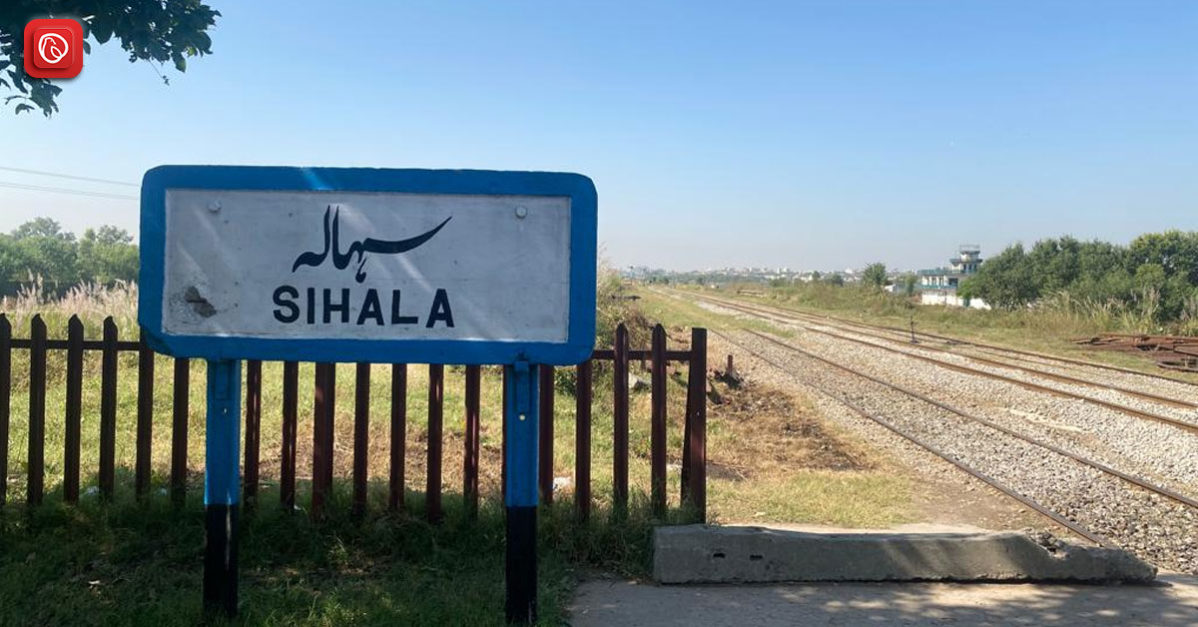
Sihala, a town and union council located in the Islamabad Capital Territory, is an essential part of the region’s socio-economic and cultural landscape. With a population of just over 25,000, Sihala is a vibrant and rapidly developing area that balances its traditional roots with modern growth.
This blog by graana.com delves into the history, demographics, infrastructure, education, healthcare, economy, and cultural aspects of Sihala, offering a detailed and comprehensive overview of this significant town.
Sihala’s history is deeply intertwined with the broader history of the Islamabad Capital Territory. Historically, it was a small village that gradually expanded into a town. The development of Islamabad as the capital of Pakistan in the 1960s catalyzed the growth of surrounding areas, including Sihala. Furthermore, the establishment of key institutions and infrastructural projects in the vicinity further accelerated its development.
Sihala’s strategic importance is underscored by its location near the capital city of Islamabad. It serves as a crucial link between Islamabad and other regions, particularly the areas in the south of the capital territory. It is located adjacent to DHA 2 Rawalpindi. This strategic positioning has made Sihala a focal point for various government and private sector initiatives.
Let’s learn about the demographics of this part of the region.
Sihala’s population of over 25,000 is a diverse mix of people from various ethnic and cultural backgrounds. The town has seen a steady influx of people due to its proximity to Islamabad and the availability of housing and employment opportunities. Moreover, the population comprises local inhabitants as well as individuals from other parts of Pakistan who have moved here for better prospects.
The socio-economic profile of Sihala’s residents is varied. The town has a mix of middle-class families, government employees, and workers from various industries. Economic activities in and around Sihala provide employment opportunities and contribute to the overall socio-economic development of the area.
Explore the infrastructure of the city.
Sihala is well-connected to Islamabad and other parts of the country through an extensive road network. The town is situated along the Islamabad Highway, one of the main arteries linking Islamabad with Rawalpindi and other regions. Public transport services, including buses and vans, operate frequently, ensuring easy access to and from Sihala. It is located 21 Km from Kahuta on Kahuta Sihala Road.
Sihala offers a variety of residential options, ranging from traditional houses to modern housing schemes. The residential areas are equipped with basic amenities and services, making them attractive to families and individuals seeking affordable and convenient living options near Islamabad.
Sihala is equipped with essential utilities and services, including electricity, water supply, and sanitation. Efforts by local authorities ensure the maintenance and improvement of these services to meet the growing needs of the population. Some of the Key Utilities include:
Education is a priority in Sihala, with several schools and colleges providing quality education to the residents. These institutions range from public to private schools, catering to the educational needs of children and young adults.
In addition to schools and colleges, Sihala is home to specialized training institutes that provide vocational training and higher education opportunities.
Healthcare facilities in Sihala include hospitals, clinics, and health centers that provide medical services to the residents. These facilities range from public health centers to private clinics, ensuring access to quality healthcare.
The healthcare facilities in Sihala offer a range of medical services, including general medicine, pediatrics, gynecology, and emergency care. Regular health camps and vaccination drives are organized to ensure the well-being of the residents.
Sihala’s economy is diverse, with various sectors contributing to its growth. The proximity to Islamabad provides employment opportunities in government and private sectors, while local businesses and industries contribute significantly to the economy.
Employment opportunities in Sihala are diverse, ranging from government jobs to positions in the private sector. The presence of educational and training institutions also contributes to skill development and employment.
Sihala has a rich cultural heritage that reflects the traditions and customs of the region. The town’s cultural life is marked by various festivals, events, and community activities that bring residents together and foster a sense of community.
Community life in Sihala is vibrant and inclusive. The residents actively participate in social and cultural activities, creating a strong sense of belonging and community spirit.
As Sihala continues to grow, it faces challenges related to urbanization and development. Ensuring sustainable growth while preserving the town’s cultural heritage and natural environment is a key concern.
The future prospects of Sihala are promising, with several development projects and initiatives underway. These efforts aim to enhance the quality of life for residents and promote sustainable growth.
Sihala, with its rich history, strategic location, and vibrant community life, is a key suburb of Islamabad that offers a unique blend of traditional charm and modern amenities. As it continues to grow and develop, Sihala faces both challenges and opportunities that will shape its future.
Moreover, the town’s commitment to sustainable development, combined with the active participation of its residents, promises a bright future for this important part of the Islamabad Capital Territory. Furthermore, whether it’s the serene residential areas, the bustling markets, or the cultural vibrancy, Sihala is a testament to the dynamic and evolving nature of Pakistan’s urban landscape.
If you want to know more about Rawat, visit the Graana blog.
Islamabad: The Executive Committee of the National Economic Council (ECNEC) on Tuesday approved two key…
Rawalpindi: A long-awaited remodelling project for Kachehri Chowk, one of Rawalpindi’s busiest intersections linking the…
Islamabad: The Federal Government Employees Housing Authority (FGEHA) on Tuesday signed a Memorandum of Understanding…
Lahore: The Lahore Development Authority (LDA) has announced plans to launch development works in the…
KARACHI: The Sindh government is set to launch the Lyari Transformation Project this year to…
Islamabad: The Capital Development Authority (CDA) has added two major infrastructure initiatives to its latest…